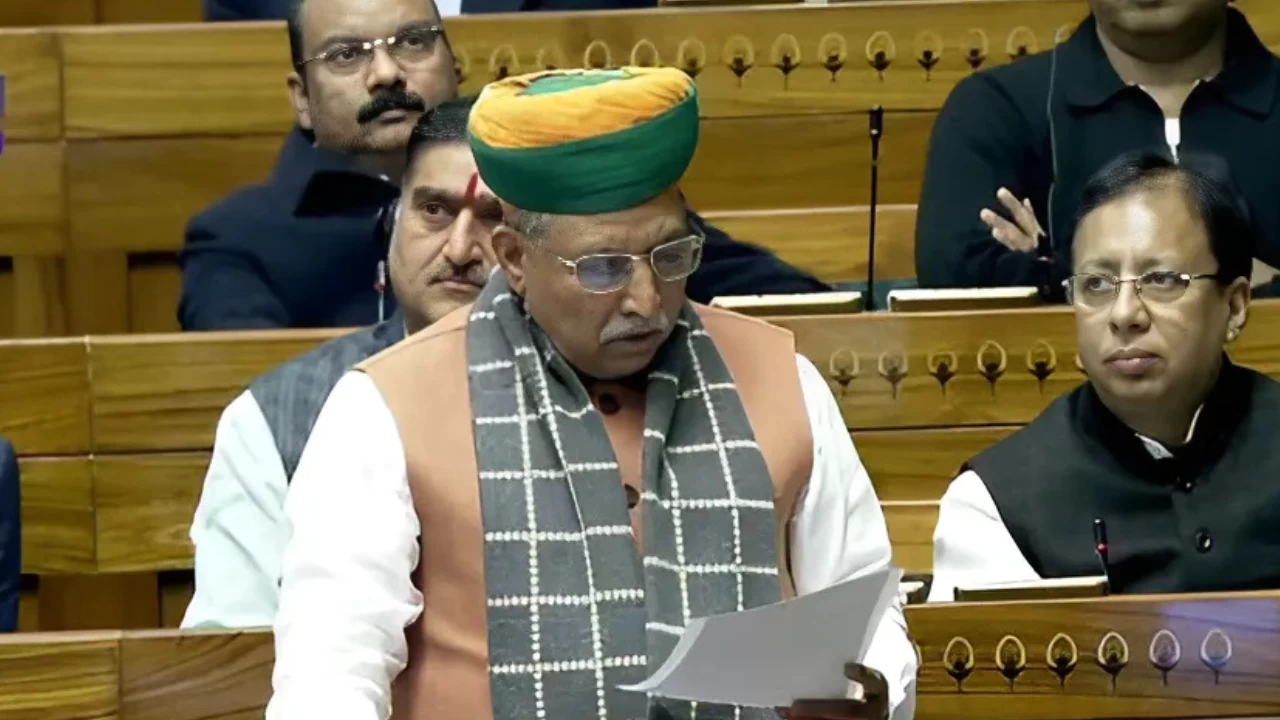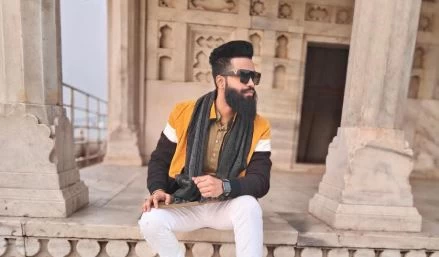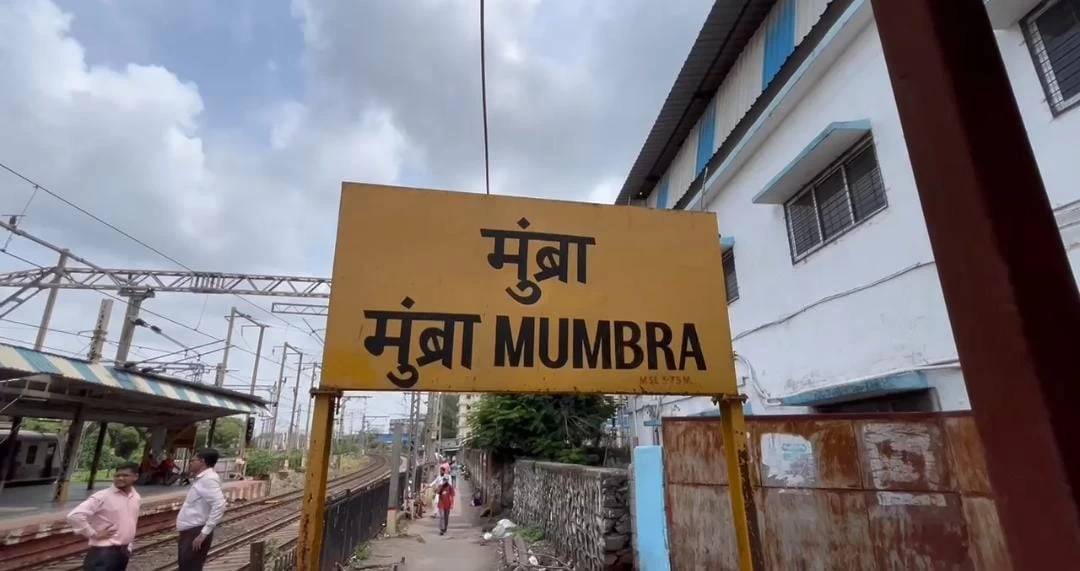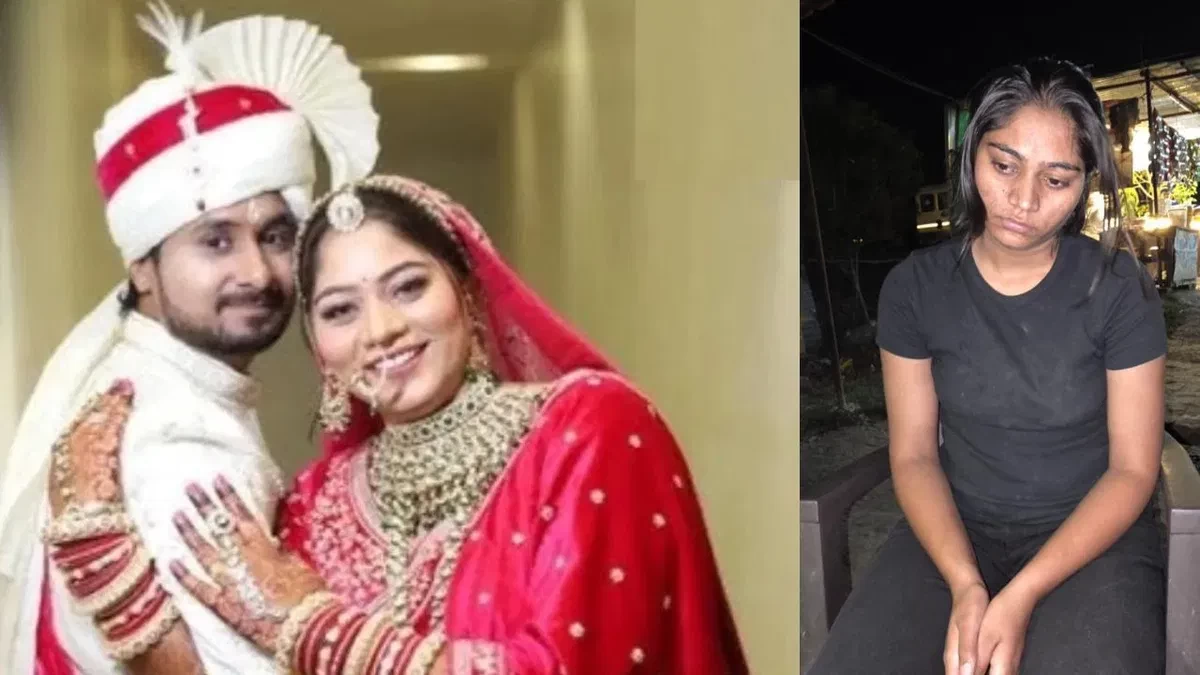Latest Updates
‘One Nation, One Election’ Bill: Opposition Voices Strong Protest as Govt Tables Bills for Simultaneous Elections

Union Law Minister Arjun Ram Meghwal on Tuesday introduced two constitutional amendment bills in the Lok Sabha aimed at enabling simultaneous Lok Sabha and state assembly elections. These bills, part of the government's 'One Nation, One Election' initiative, sparked strong protests from the opposition. The bills, titled the Constitution (One Hundred and Twenty-Ninth Amendment) Bill, 2024, and the Union Territories Laws (Amendment) Bill, 2024, may be sent to a joint committee of both Houses for further examination.
Congress MP Manish Tewari quickly opposed the bills, calling them an attack on the Constitution's basic structure. "The introduction and consideration of the one nation, one election bills are beyond the legislative competence of this House. I urge the government to withdraw them immediately," Tewari said in the Lok Sabha.
Samajwadi Party MP Dharmendra Yadav joined the opposition in criticizing the proposal, accusing the BJP of attempting to bring "dictatorship" to the country. “Just two days ago, there was a strong defense of the Constitution, but now, within a matter of days, this amendment seeks to dismantle the very spirit of the Constitution,” Yadav argued. He also expressed his support for Tewari’s stance, emphasizing the knowledge and wisdom of the Constitution’s framers.
Kalyan Banerjee of the Trinamool Congress (TMC) condemned the bills, claiming they were not about electoral reform but rather a fulfillment of one individual’s desires. "This proposed bill strikes at the very heart of the Constitution's basic structure. It’s ultra vires and undermines the autonomy of state governments and legislative assemblies," Banerjee said, adding that state legislatures should not be subordinate to the central government or Parliament.
The Constitution (One Hundred and Twenty-Ninth Amendment) Bill, 2024, which was circulated on December 13, proposes that mid-term elections would only be held for a legislature to complete the remainder of its term if the Lok Sabha or state assembly is dissolved before its full term ends. The bill suggests adding Article 82(A) for simultaneous elections to the Lok Sabha and all state legislative assemblies, as well as amendments to Articles 83, 172, and 327, which deal with the duration of the Lok Sabha, state assemblies, and the powers of Parliament regarding elections.
The amendment also proposes that the provisions will come into effect after the 2029 general elections, with simultaneous elections scheduled to begin in 2034. According to the bill, the tenure of the Lok Sabha and state legislative assemblies would align, with assemblies elected after the appointed date ending with the tenure of the Lok Sabha. The government has backed the idea of simultaneous elections, arguing that it would reduce the frequency of elections and create a more efficient democratic system. “India’s democracy thrives on the vibrancy of elections, but fragmented and frequent polls have sparked discussions for a more efficient system,” the government stated.
The opposition, however, strongly opposes the plan, with critics arguing that it threatens democratic accountability. Last week, Congress MP Jairam Ramesh suggested that the 'One Nation, One Election' bill should be sent to a Joint Parliamentary Committee for deeper scrutiny.
While the proposal faces resistance from the Congress, Samajwadi Party, and Trinamool Congress, it has received backing from BJP allies such as the Telugu Desam Party (TDP) and the Shiv Sena faction led by Maharashtra Deputy Chief Minister Eknath Shinde. The controversy surrounding the bills grew as Union Minister Kiren Rijiju accused Congress of lacking a "reasonable argument" against the proposal, while opposition leaders claimed the government was attempting to undermine democracy with the amendments.
The bills were cleared by the Union Cabinet last week as part of the BJP's ‘One Nation, One Election’ proposal. The bills were recommended by a panel headed by former President Ram Nath Kovind, with Home Minister Amit Shah as a member, in a report submitted in September. The first bill links the term of state assemblies to the Lok Sabha, proposing that assemblies elected after 2029 will have their terms end along with the Lok Sabha’s tenure. The second bill proposes similar changes for the Assemblies of Union Territories such as Puducherry, Delhi, and Jammu and Kashmir.









